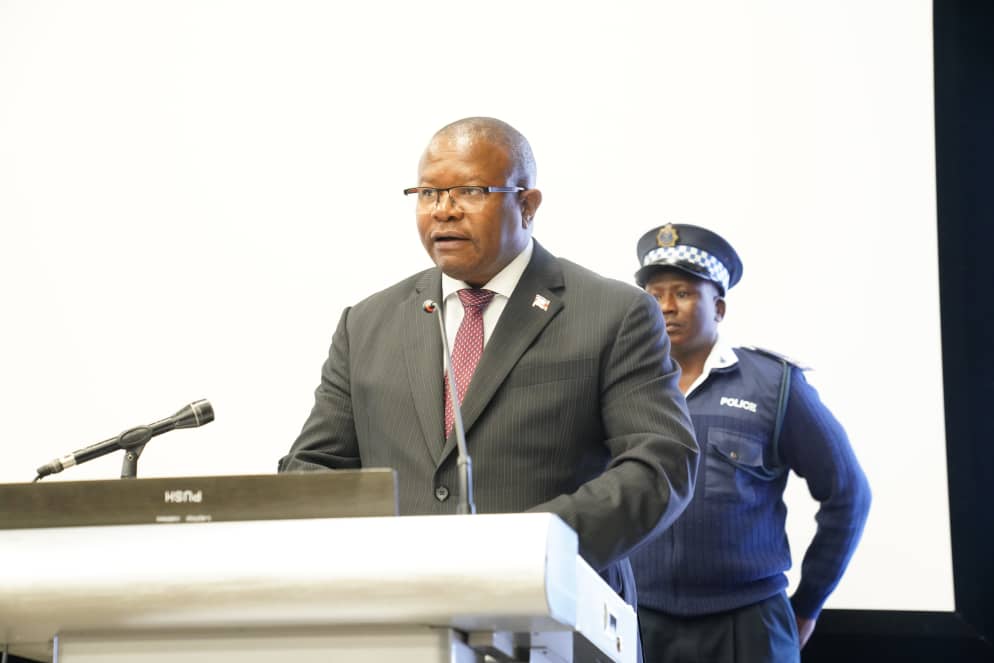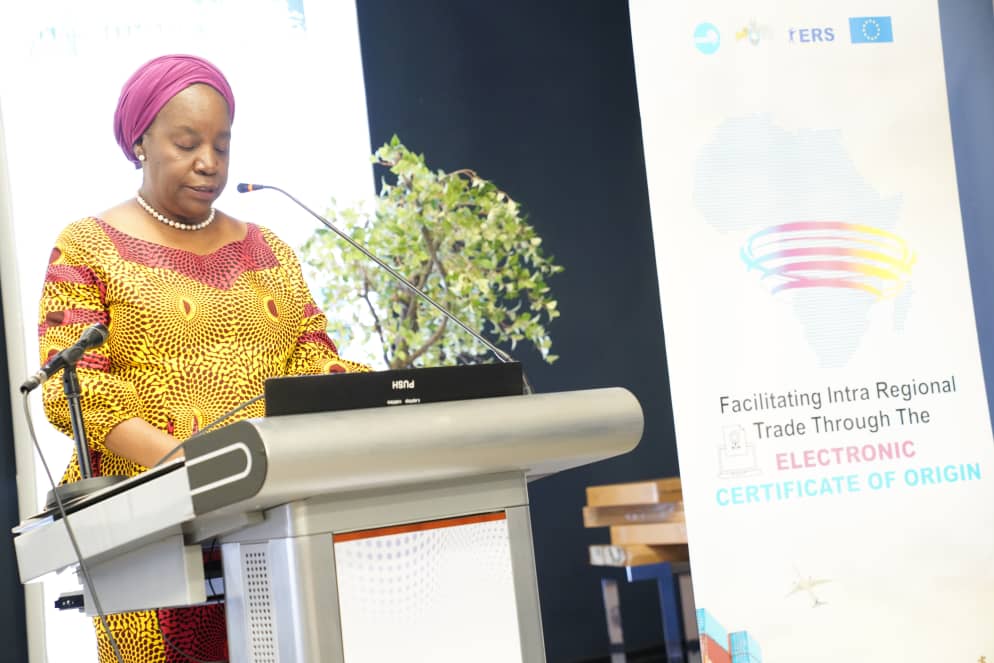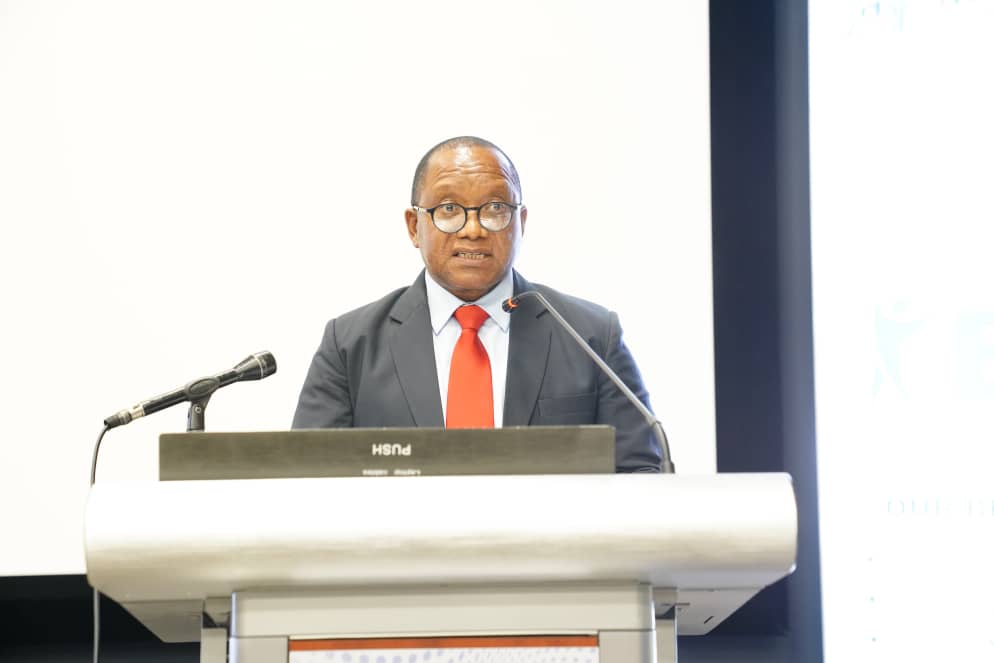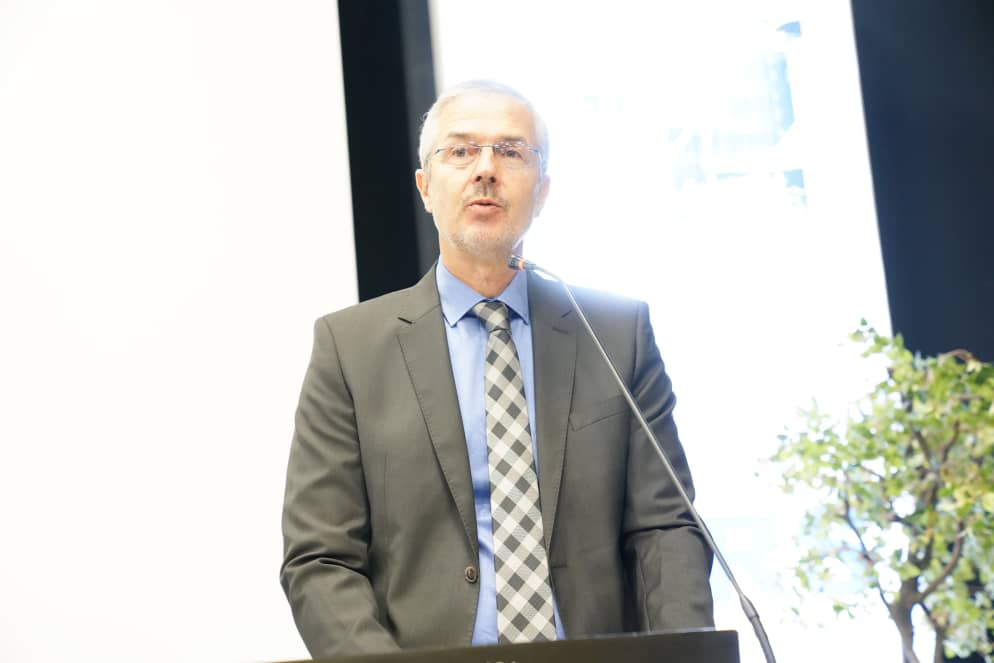
By Phiwa Sikhondze
The Eswatini Revenue Service (ERS) has launched the COMESA Electronic Certificate of Origin (eCertificate of Origin), a digital tool that empowers local traders to expand their businesses across any of the 21 COMESA member states.
As one of the first three countries to pilot this initiative alongside Malawi and Zambia, Eswatini is set to lead regional trade innovation, making cross-border transactions simpler, faster, and more secure for local businesses.
The eCertificate of Origin, available on the ERS ASYCUDA platform, enables Eswatini exporters to apply online, eliminating the need for in-person visits to ERS offices. This shift not only reduces paperwork but also accelerates certificate processing, cuts costs, and enhances data security.
Through the COMESA portal, Eswatini and its trading counterparts can seamlessly verify documentation in real-time, supporting faster and more transparent cross-border exchanges.
The eCertificate of Origin program was developed in collaboration with the COMESA Secretariat and funded by the European Union (EU) under the COMESA EDF 11 Trade Facilitation Programme. It aims to reduce administrative barriers and improve the efficiency of cross-border trade for Eswatini exporters. ERS Acting Commissioner General Leonard Nxumalo hailed the launch as a transformative step for the country.

“We are grateful for the EU’s financial support and COMESA’s technical guidance in making this digital solution a reality,” Nxumalo said. “This project enables more efficient, secure trade within the COMESA region, allowing Eswatini’s businesses to expand with greater ease and confidence.”
In preparation for the eCertificate rollout, ERS has registered 44 local companies, with 22 of them actively participating in the initial testing phases. ERS has also equipped its border staff with 17 laptops, provided through COMESA funding, to facilitate seamless processing at key points of entry.
Nxumalo added that this system minimizes document processing times and strengthens digital verification, ensuring that Eswatini remains competitive within the region.
“Borders divide, but customs connect,” Nxumalo added, emphasizing the role of digital innovation in fostering regional integration. “By digitizing these essential documents, we enhance both trust and efficiency, helping businesses in Eswatini to expand with confidence.”

Minister of Commerce, Industry, and Trade, Manqoba Khumalo, celebrated the launch as a crucial step toward expanding Eswatini’s trade footprint.
“The eCertificate of Origin unlocks new opportunities for our local businesses, enabling easier access to the broader COMESA market,” Khumalo remarked. “By removing unnecessary barriers, we are boosting Eswatini’s export capacity and driving economic growth through digital innovation.”
Chileshe Mpundu Kapwepwe, COMESA Secretary General, emphasized the broader impact of this development, linking it to COMESA’s commitment to regional integration.
“Launching the eCertificate of Origin is a milestone for our Digital Free Trade Area (FTA) initiative. This shift from manual to digital processing of certificates reduces bureaucracy and fosters smoother cross-border trade,” Kapwepwe said. “Our customs officials are no longer just revenue collectors but trade facilitators, adapting to digital trends that enhance transparency and efficiency.”
The European Union, a key funder of this initiative, underscored its commitment to Africa’s digital transformation in trade. EU Ambassador to Eswatini, Karsten Mecklenburg, expressed pride in supporting this endeavor.

“The digitalization of trade procedures, such as the eCertificate of Origin, will unlock greater economic potential within the region, creating a more competitive and interconnected market. We are thrilled to support Eswatini in advancing its trade infrastructure through innovative solutions.”
ERS Acting Commissioner General Nxumalo encouraged Eswatini exporters to adopt the new system, noting that “as one of the first revenue administrations in COMESA to implement this solution, Eswatini is pioneering digital trade facilitation in the region.” He added that ERS has taken a ‘train the trainer’ approach to ensure that both customs officers and participating companies can confidently navigate the digital transition.
